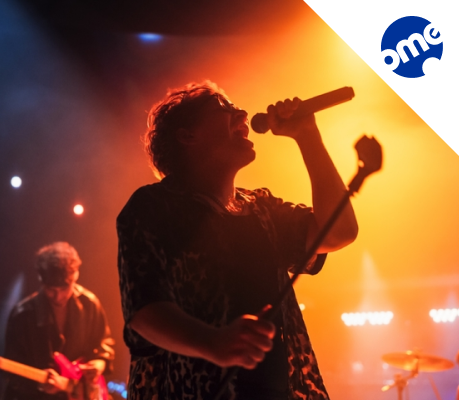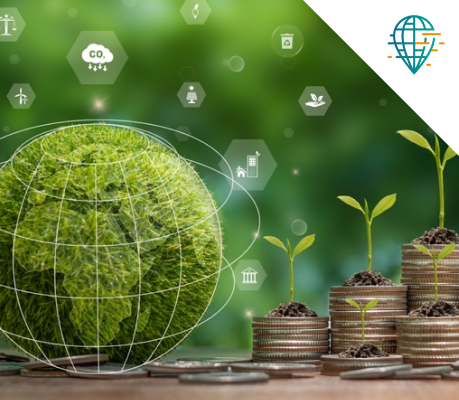 https://www.synyo.com/wp-content/uploads/SYNYO-NEWS-featured-image-NEW01007705EN.png
400
459
leo
https://www.synyo.com/wp-content/uploads/2017/09/synyo-logo.png
leo2025-01-01 10:47:112025-02-10 10:48:51BOND: Outcomes in Advancing Education, Tolerance and Heritage Preservation to combat Antisemitism
https://www.synyo.com/wp-content/uploads/SYNYO-NEWS-featured-image-NEW01007705EN.png
400
459
leo
https://www.synyo.com/wp-content/uploads/2017/09/synyo-logo.png
leo2025-01-01 10:47:112025-02-10 10:48:51BOND: Outcomes in Advancing Education, Tolerance and Heritage Preservation to combat AntisemitismBioBeo

BioBeo: Project to foster bioeconomy education successfully launched in Dublin
The overall aim of BioBeo is to develop and deploy an education programme that will enhance understanding and engagement across society regarding ‘circularity’ and the bioeconomy, using five bioeconomy themes – interconnectedness, outdoor learning, forestry, life below water, and the food loop. The project has now successfully launched in Dublin and will be developed further over the course of two years.
Background
Since institutional and cultural barriers to introducing circular bioeconomy education programmes into pre-school, primary and secondary schools still exist, new structures and networks for the introduction of novel curricula in schools have to be defined. With a significant shift in the welcome participation of youth in the global climate change conversation, this creates an opportunity to explore solutions such as the bioeconomy.
The Idea
BioBeo is a Horizon Europe project with 15 partners, bridging theory and practice in education on the circular economy across Europe. Its overall aim is to develop and deploy an education programme to enhance understanding and engagement across society regarding lifestyle, circularity and bioeconomy, using 5 bioeconomy themes:
– Interconnectedness
– Outdoor Learning
– Forestry
– Life Below Water
– The Food Loop
A network committed to promoting the bioeconomy concept will co-create and co-deliver the programme. BioBeo will provide for better coordination between bio-science and education in schools by developing the Circular Economy Science-Society message with a particular focus on circular lifestyle/behaviours, and a governance framework on society-wide engagement in bioeconomy policy. BioBeo will further address social issues such as gender bias, disadvantaged youth groups, migrants and members of society with additional needs.
Project Goals
Over the course of two years, BioBeo intends to achieve the following goals:
- Introduce new approaches to enhance how governance of education in the circular bioeconomy is tackled and delivered by the education systems across Europe.
- Implement the concept of a bioeconomy via the BioBeo education programme through the 5 BioBeo themes to a cohort of 35 schools i.e. 1,000 students, 500 parents, and 100 teachers.
- Provide a basis for piloting the BioBeo education programme and resources in preschools, primary and secondary level schools, and also in teacher education modules in university courses and to conduct an ongoing evaluation.
- Enhance learner outcomes and experiences on the bioeconomy by developing a suite of digital toolkits such as videos, games, and a series featuring bioeconomy children’s characters Ed Bio and her friends, social media, prize competitions, etc.
- Develop the BioBeo Interconnectedness Programme with primary, secondary and university students who will disseminate bioeconomy resources across the consortium and will culminate in the Interconnectedness Award.
- Demonstrate a measured increase in the engagement of young people and their intention to pursue education and careers in life science, technology and bioeconomy.
- Integrate the BioBeo education programme into university curricula in Ireland, Netherlands, Germany, Belgium and Greece.
- Coordinate communication and dissemination by optimising the reach and visibility to children of all ages, student teachers, teachers, policy makers and parents including utilising the World Economic Forum G100 Global STEM network with dissemination to 100 additional countries for potential future uptake.
Project Organisation
Coordinated by the University College Dublin (Ireland) and throughout 24 months with a total number of 264 person months, 15 partners will be working on analysing the body of knowledge as well as conducting empirical research on the challenges and needs. Among these partners are Maynooth University (Ireland), An Taisce (Ireland), University of Hohenheim (Germany), Odisee University of Applied Sciences (Germany), Center for Social and Economic Research (Poland), Rotterdam University of Applied Sciences (Netherlands), SYNYO (Austria), Foundation for Environmental Education (United Kingdom), Youth in Science and Business Foundation (Estonia), E3STEM (Greece), International Parents Alliance (Netherlands), Universitatea Valahia Targoviste (Romania), Technical University Berlin (Germany) and BOS+(Belgium). SYNYO will be responsible for work package 4 – Dissemination, Coordination and Exploitation. The Consortium will reflect the complexity of individual and structural dimensions, geographical scale as well as the forms and levels of responses related to different stakeholder groups and practitioners.
Keywords
Circular, Youth, Teenager, Children, Future, Development, Sustainability, Challenge, Competition, Citizen Engagement, forestry, water, interconnectedness, outdoor learning




